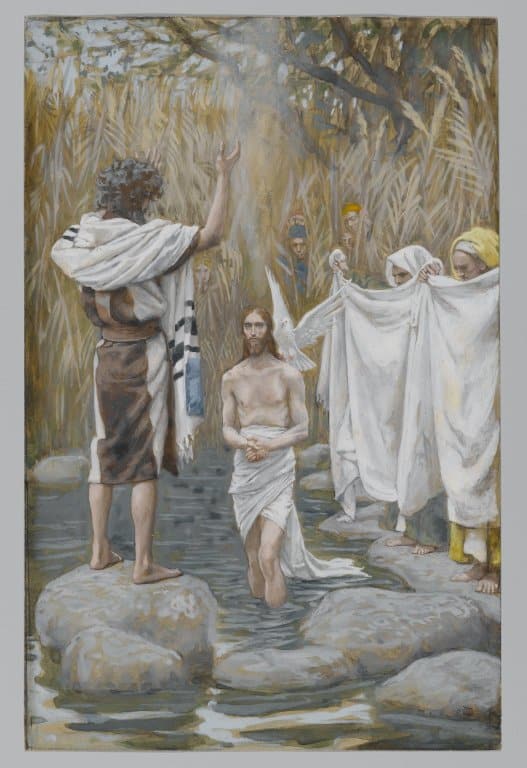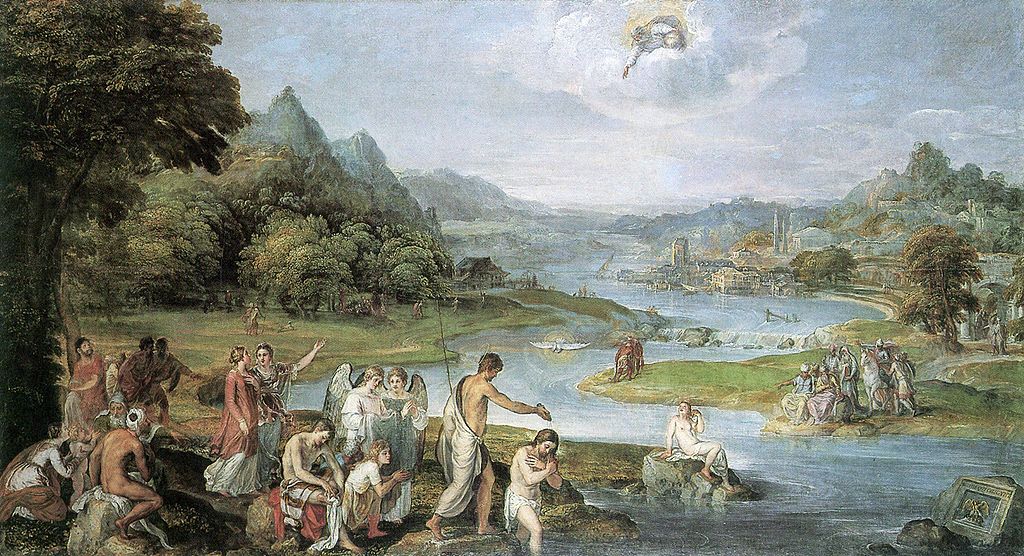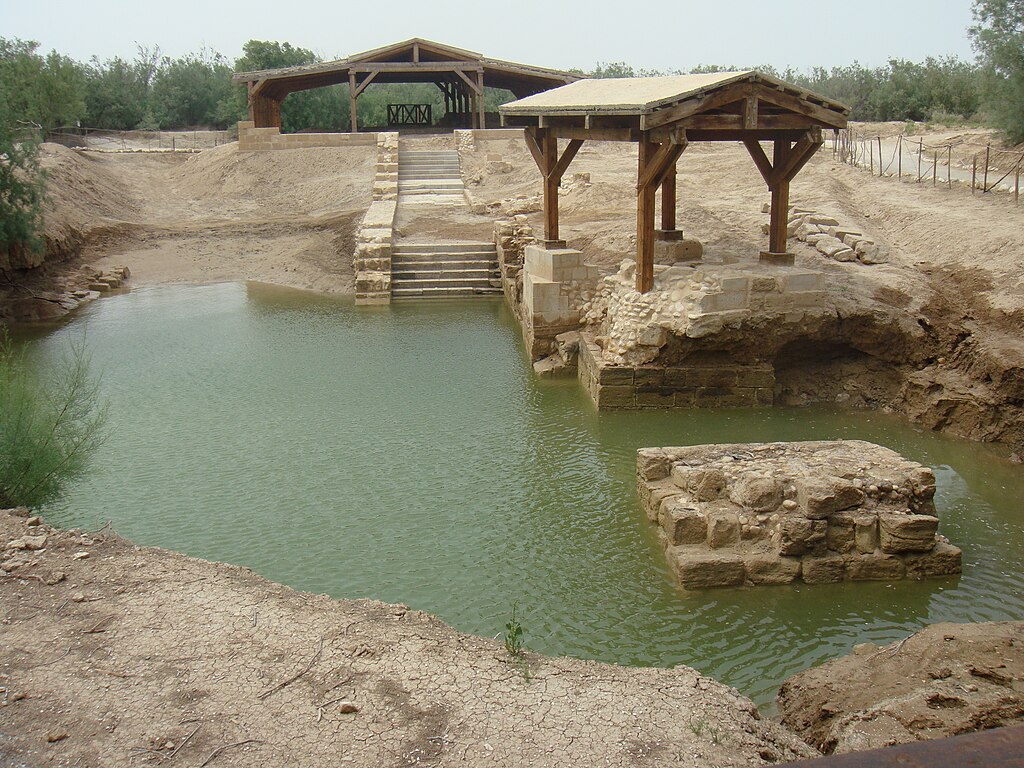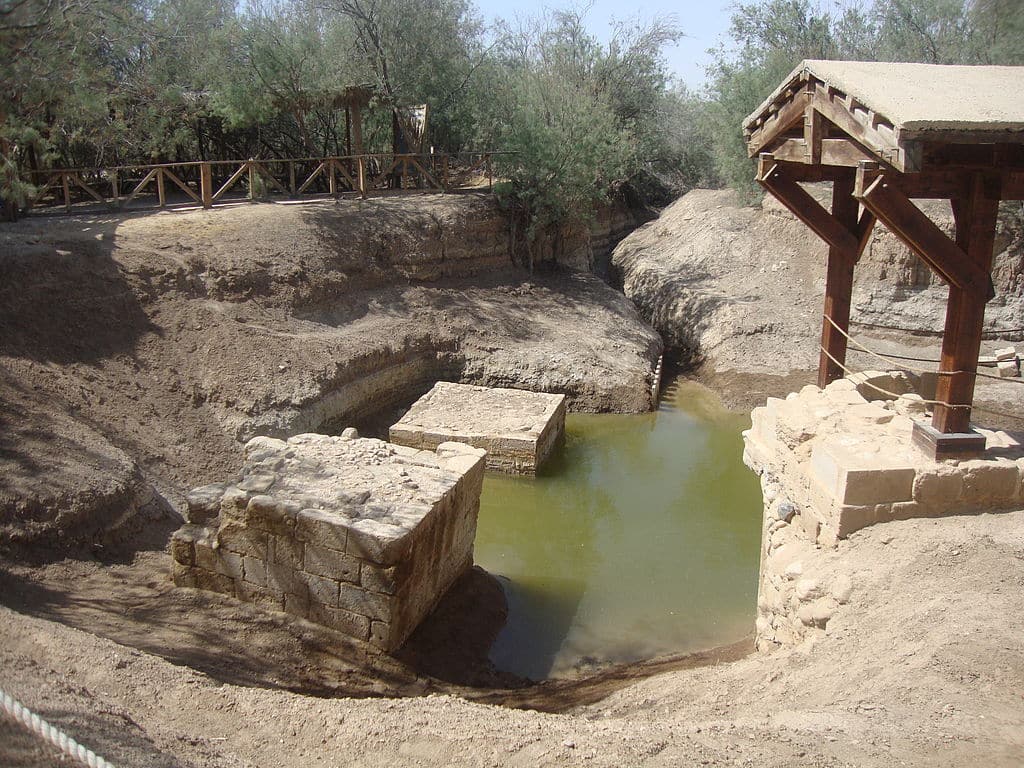Period of the Judges
Carousel of images for this Bible Exhibit
Listen to this Bible Exhibit
The generation following Joshua abandoned the worship of God and obedience to his law for the worship of the Canaanite gods. The period of Judges refers to this time in ancient Israel’s history after the death of Joshua, when the Israelites had settled in the Promised Land but had not yet established a monarchy. The Book of Joshua records the unified conquest of the Canaanites and the allotment of land to the twelve tribes. However, the period of the judges also includes the additional conquering of allotted areas by each tribe of Israel. Although commanded by God to conquer all the Canaanites, some pockets of Canaanite people groups were left in the land and would become a snare to Israel.
While the chronology of the judges is difficult to put together, and the length of the period depends on the exact date of the Exodus from Egypt. The time of the judges may have lasted around 325 years, from approximately 1325 BC to 1050 BC.
During this time, the Israelites were led by a series of judges serving as military and spiritual leaders. The book of Judges describes the stories of 12 judges, highlighting Othniel, Ehud, Deborah, Gideon, Jephthah, and Samson as the six significant judges where considerable details are provided. The minor judges were Jair, Tola, Ibzan, Elon, Shamgar, and Abdon, who are only briefly mentioned in Scripture. All of the judges were chosen by God to deliver the Israelites from their enemies and to help them stay faithful to God’s law.
The period of the Judges was characterized by seven cycles of disobedience, oppression, repentance, and deliverance. The Israelites would turn away from God and worship the Canaanite idols, resulting in their being conquered and oppressed by their enemies. When they cried out to God for help and repented their sins, God would raise a judge as a warrior to inflict judgment on their enemies and lead them to victory. The deliverance would last until the judge’s death, when Israel would fall away even deeper into idolatry than the previous generations spiraling into moral despair.
Despite the presence of the judges, this period was marked by instability and conflict as the Israelites continued to struggle with their faithfulness to God. Samuel essentially served as the final judge, prophet, and priest. However, as he aged and his sons were not fit to replace him, the Israelites demanded an earthly king to replace God’s rule over them. Under the Lord’s direction, Samuel established the monarchy of Israel by anointing Saul as Israel’s first human king.




















